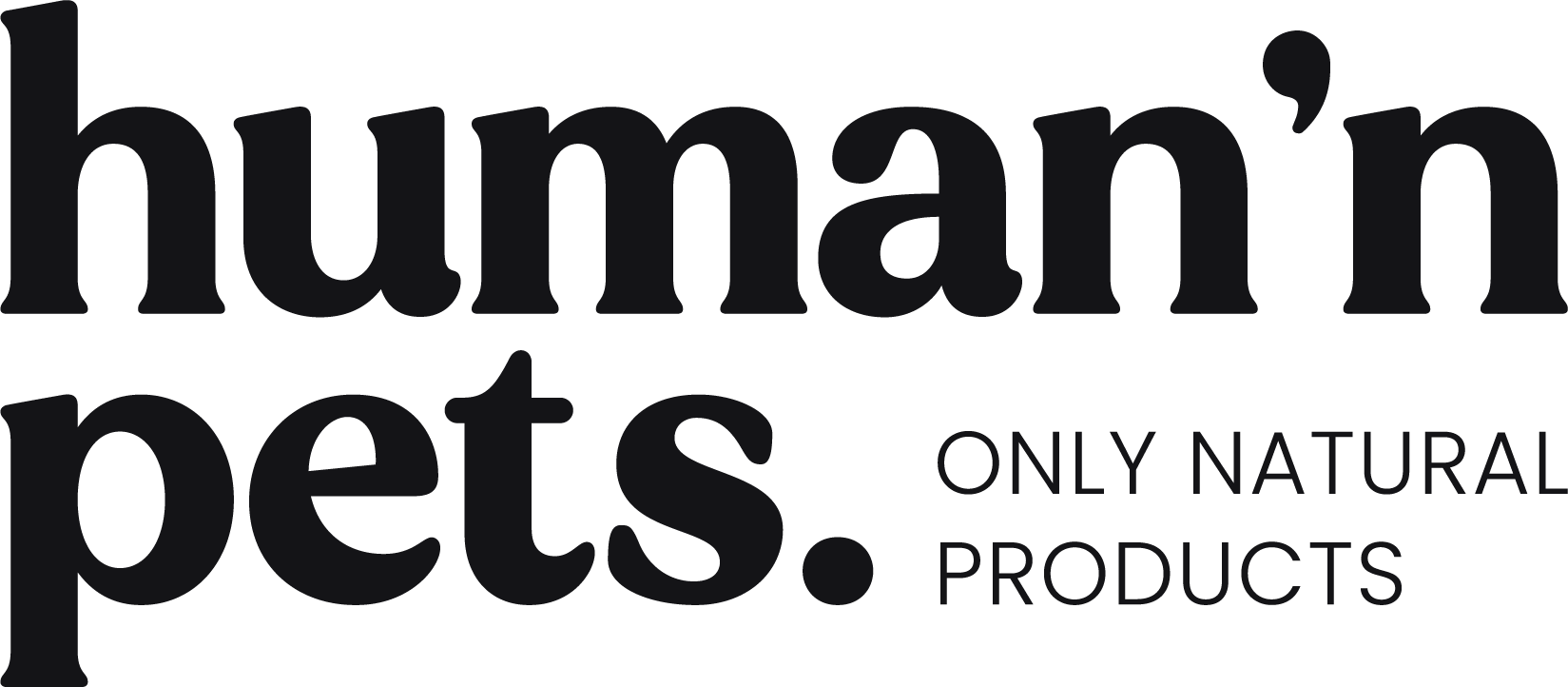Συχνές Ερωτήσεις
Καλώς ήρθατε στις Συχνές Ερωτήσεις (FAQ's) μας, είμαστε πολύ χαρούμενοι που σας έχουμε εδώ. Έχουμε προσπαθήσει να απαντήσουμε στις πιο συνηθισμένες ερωτήσεις.
Γενικές Πληροφορίες & Πληροφορίες Καταστήματος
Παρακάτω θα βρείτε μερικές συχνές ερωτήσεις σχετικά με τα καταστήματά μας, την τοποθεσία μας, και τα στοιχεία επικοινωνίας μας.
Πού βρίσκονται τα καταστήματά σας;
Έχουμε 2 καταστήματα στην Κύπρο. Ένα στη Λευκωσία και ένα στη Λεμεσό. Ελέγξτε το Store Locator για τοποθεσίες, ώρες λειτουργίας και στοιχεία επικοινωνίας. Μας αρέσει πολύ όταν φέρνετε και τα κατοικίδιά σας!
What are your opening hours?
Our retail stores are open:
Monday, Tuesday, Thursday and Friday:
9:30am - 1:30pm
3:30pm - 6:30pm
Wednesday:
9:30am - 2:00pm
Saturday:
10:00am - 2:00pm
Sunday: Closed
You can shop from our online store 24/7 and we monitor our online chat during usual store hours.
How can I contact you?
Check out Contact. You can also reach us through the chat during usual store hours (look out for the black icon in the right bottom corner of your screen!).
Delivery & Returns
Below are some common questions about shipping, delivery and returns.
What areas do you deliver to?
We run our own Human & Pets delivery service across the island. We deliver anywhere you want!
- Nicosia Region: Every Monday, Wednesday, Thursday & Saturday
- Limassol Region: Every Tuesday & Friday
- Paphos Region: Every Tuesday & Friday
- Larnaca Region: Every Wednesday
- Famagusta Region: Every Wednesday
Refer to Shipping Policy for more information.
How much does delivery cost?
Delivery in our own vans is €3.00 with a minimum order of €25. Free delivery on all orders of €50 or more for Family Club Members.
Please check our Shipping Policy for more information.
What happens if I am not home for delivery?
We suggest you're close to home at the time of delivery so the product can be popped straight into your freezer (we can not take any responsibility for the package once it is delivered).
If you are not going to be home at the time of delivery, please leave instructions for the courier at the checkout so we can ensure your delivery is left in a safe and cool area of your property. You will be notified by our couriers once the delivery has been made.
Orders
Below are some of are common questions about orders.
What happens when I've placed my order?
- Upon receiving your order, you will receive an email confirmation.
- We will then pick your order and have it ready for your delivery day.
- The day of delivery you will receive an email or text with live delivery tracking.
Can I change or cancel my order?
Unfortunately we cannot change your order after you have placed it. If you want to change or cancel your order, please contact us here.

